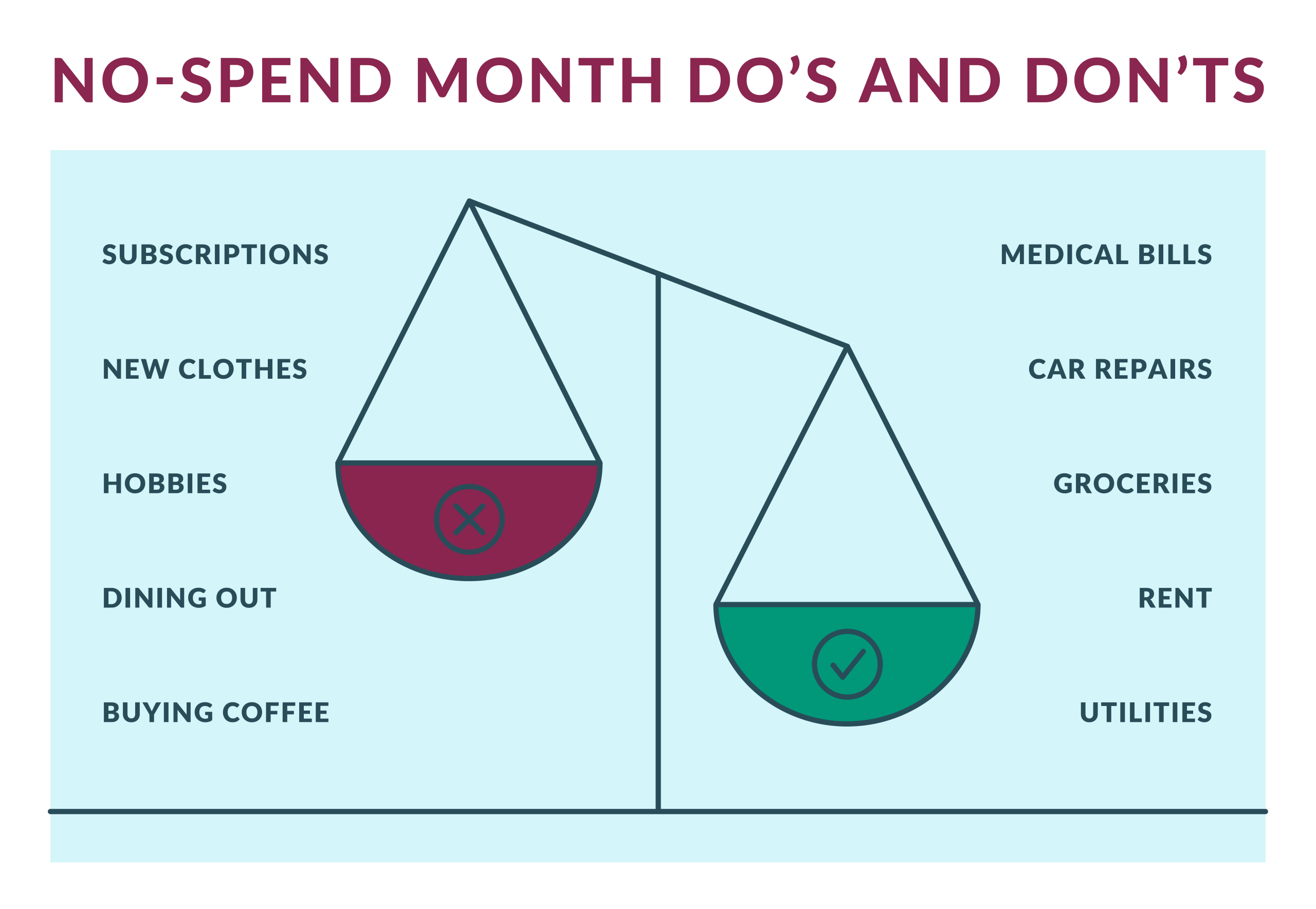Anúncios
If you’ve ever wondered if there’s a smarter, more personal alternative to traditional banks, you’re not alone.
More Americans are turning to credit unions as a way to save money, access better rates, and join a community-centered financial institution.
But what exactly is a credit union and how does it operate? In this guide, we’ll explore everything from eligibility to benefits, and help you decide if a credit union is the right choice for your financial future.
Continue reading to make a more informed and empowered choice.
What is a credit union?
A credit union is a nonprofit financial institution owned by its members, designed to serve people, not generate profit.
Unlike banks, which are beholden to shareholders, credit unions exist solely to support the financial well-being of their members.
They offer many of the same services as banks, such as checking and savings accounts, loans, and credit cards, but with better terms for their members.
Member-Owned Financial Cooperatives
Each person who joins a credit union becomes both a client and a co-owner.
This means that the profits made by the institution are returned to the members in the form of reduced fees, lower loan rates, and higher returns on savings.
The philosophy is rooted in cooperation, making each member a stakeholder in the organization’s success.
What are the requirements to join a credit union?
While credit unions were once seen as exclusive clubs for specific groups, joining one today is easier than ever.
Most people can qualify for at least one credit union, whether local or national.
Field of Membership Explained
Each credit union defines its own “field of membership,” which sets the rules for eligibility.
This can be based on where you live, your employer, religious affiliations, school affiliations, or military service.
Many credit unions also offer membership through partnerships with nonprofit organizations, meaning you can qualify by simply making a small donation to a supported cause.
How to Become a Member
To join, you typically need a government-issued ID, proof of eligibility, and an initial deposit—usually between $5 and $25.
This deposit goes into your “share account,” which gives you official membership status and access to all the products and services offered by the credit union.
From there, you can enjoy exclusive benefits such as reduced fees, more personalized service, and active participation in the institution’s decision-making.
Credit Union vs. Bank: Key Differences
Although banks and credit unions offer many of the same financial tools, their structures, goals, and benefits are quite different.
The table below provides a quick comparison of how credit unions and banks stack up.
| Feature | Credit Union | Bank |
| Ownership | Member-owned | Shareholder-owned |
| Profit Model | Non-profit | For-profit |
| Fees and Rates | Lower loan rates | Higher loan rates, lower savings interest |
| Account Fees | Generally lower | Often higher |
| Insurance | NCUA (up to $250,000) | FDIC (up to $250,000) |
| Customer Focus | Community-oriented and personalized | Commercial |
| Eligibility | Membership required | Open to all |
| Community Involvement | Active in local programs | Varies widely |
Credit unions operate with the goal of improving the financial lives of members, not generating profit.
This difference can lead to better service, lower costs, and stronger ties with your community.
Is it worth joining a credit union?
Deciding whether or not to join a credit union depends on your financial goals and priorities. For many people, the advantages of membership far outweigh the disadvantages.
Pros of joining a credit union
Credit unions often offer lower interest rates on loans, including auto loans, mortgages, and personal loans.
Their savings and checking accounts usually pay higher interest compared to traditional banks.
Members also benefit from lower fees and a more personalized service experience.
Additionally, being part of a credit union means having a voice in its operations — you can vote in board elections and participate in annual meetings.
Cons of joining a credit union
Some credit unions have limited branch networks and may not offer the same level of online or mobile banking resources found at large banks.
Product offerings, such as business accounts or advanced investment tools, may also be more limited.
Lastly, you will need to meet membership criteria, which can be a barrier for some — but this is becoming less problematic with more inclusive eligibility policies.
Are credit unions insured and safe?
Yes, credit unions are as safe as traditional banks. One of the most common misconceptions is that your money might be at risk in a credit union, but this couldn’t be further from the truth.
What is NCUA insurance?
Credit unions are federally insured by the National Credit Union Administration (NCUA), which protects member deposits up to $250,000 per individual, per institution.
This includes savings accounts, checking accounts, and certificates of deposit. The NCUA functions very similarly to how the FDIC operates for banks, providing peace of mind to members.
This additional protection ensures that even in the event of a credit union’s failure, members’ funds are fully safeguarded.
Trust and Accountability
In addition to insurance, credit unions are subject to stringent federal and state regulations.
They are required to maintain healthy financial ratios and undergo regular audits.
As nonprofit institutions, their focus on long-term stability is aligned with the best interests of their members.
How to join a credit union
Joining a credit union is a straightforward process, and with online applications widely available, you can become a member in minutes.
Step-by-step to becoming a member
- Use tools like the NCUA’s Credit Union Locator to find institutions you are eligible for.
- Visit the credit union’s website to check their membership criteria.
- Prepare your documentation: government-issued ID, proof of eligibility, and initial deposit.
- Submit your application online or at a branch.
- Open your share savings account and start enjoying the benefits of membership.
Once you’re a member, you’ll have access to checking accounts, credit cards, home and auto loans, and even educational resources designed to help you achieve your financial goals.
How to choose the right credit union
With thousands of credit unions in the U.S., it’s important to choose one that best fits your needs. Here are some factors to consider when making your decision.
Confirm eligibility requirements
Start by ensuring you qualify for membership. While many credit unions have expanded their eligibility rules, some still limit access based on geography, employer, or affiliation.
Therefore, look for institutions with open or national membership fields if you want more flexibility.
Checking these criteria in advance prevents surprises and speeds up the process of joining the cooperative.
Evaluate services and products
Not all credit unions offer the same types of accounts.
Make sure the credit union provides the banking tools you need, such as mobile apps, online bill pay, credit cards, and loan services.
Some also offer investment advice or retirement planning, which can be helpful depending on your stage of life.
Examine fees and rates
Compare checking and savings account fees, overdraft fees, and loan rates across various institutions.
One of the main advantages of credit unions is their lower cost structure, so be sure to take advantage of this when evaluating your options.
It’s also worth looking into whether the credit union offers fee waivers based on minimum balances or relationships with other products, which can provide further savings in the long run.
Learn about dividends
As you are an owner, many credit unions pay dividends on savings or return profits through special bonus programs.
Ask about these programs and how they are calculated — especially if you plan to maintain larger balances in your account.
Understanding these benefits can help you maximize your returns and make more strategic choices about where to concentrate your financial resources.
Evaluate Customer Support
Good customer service makes a difference. Thus, check online reviews, call the service line, and test online communication ease.
A credit union that prioritizes its members will generally have more responsive and accessible support channels.
Check community involvement
If local involvement is important to you, research whether the credit union supports community projects, provides scholarships, or offers free financial workshops.
These initiatives show a deeper commitment to serving members beyond financial transactions.
If you are looking for a financial institution that puts your needs first, offers better rates, lower fees, and values community engagement, joining a credit union can be a smart move.
Now that you know exactly what a credit union is, how it works, and how to join one, you’re ready to take control of your financial journey with confidence.
Explore your options, find the right choice, and join a cooperative that puts people above profits.
And don’t forget — continue exploring our site for more practical financial tips tailored to your goals.
Want a suggestion? Also read our content about the top personal loan mistakes!






